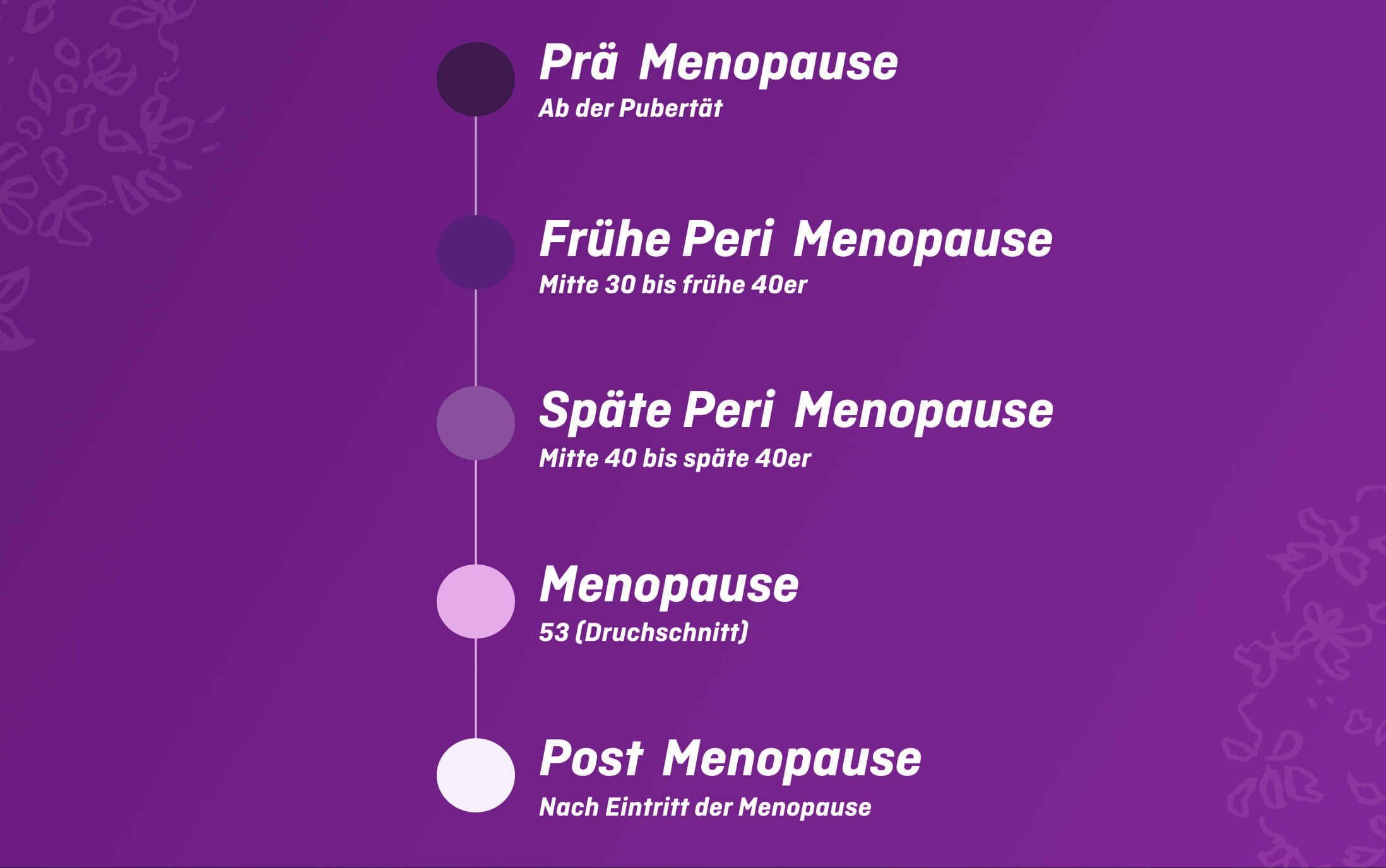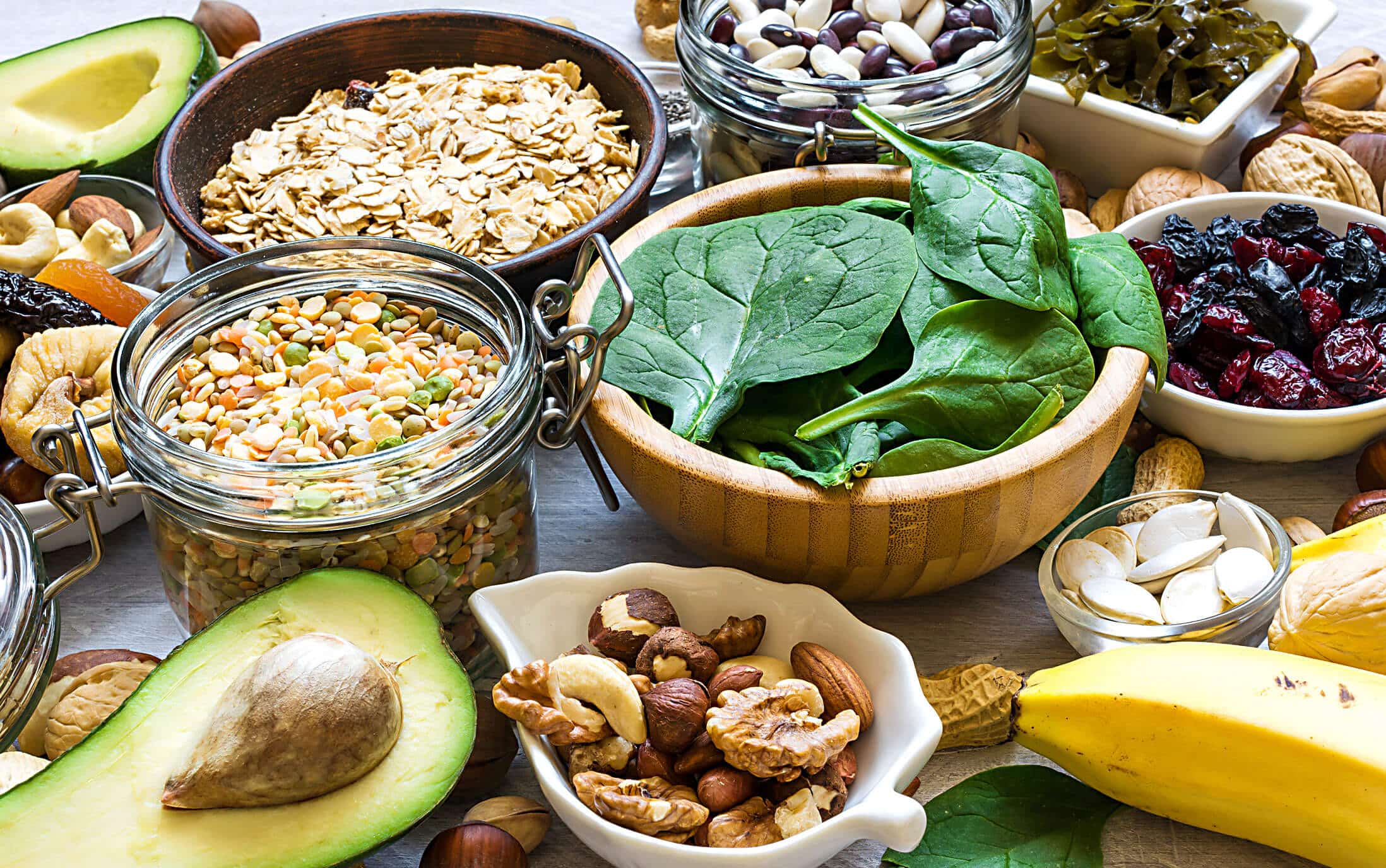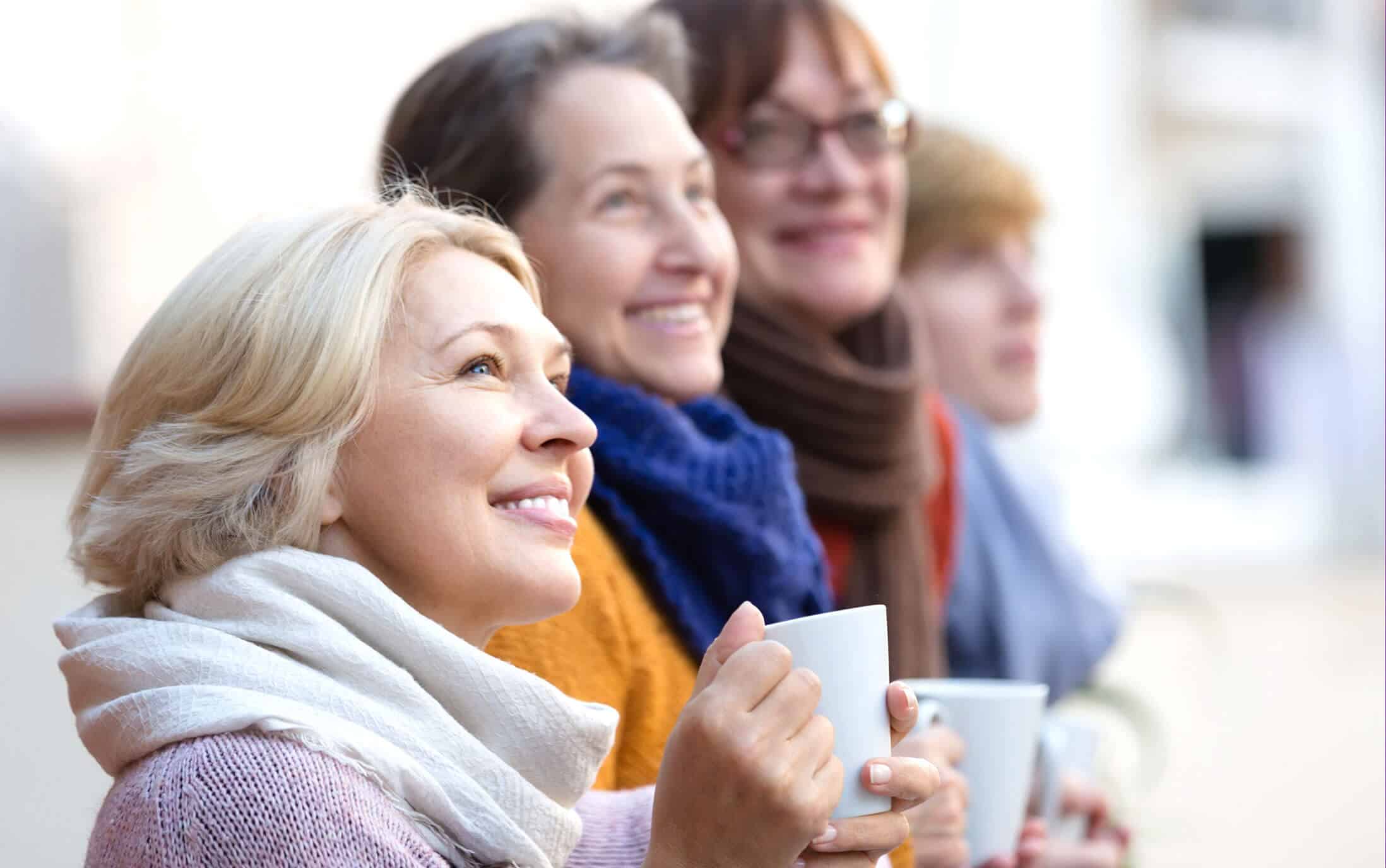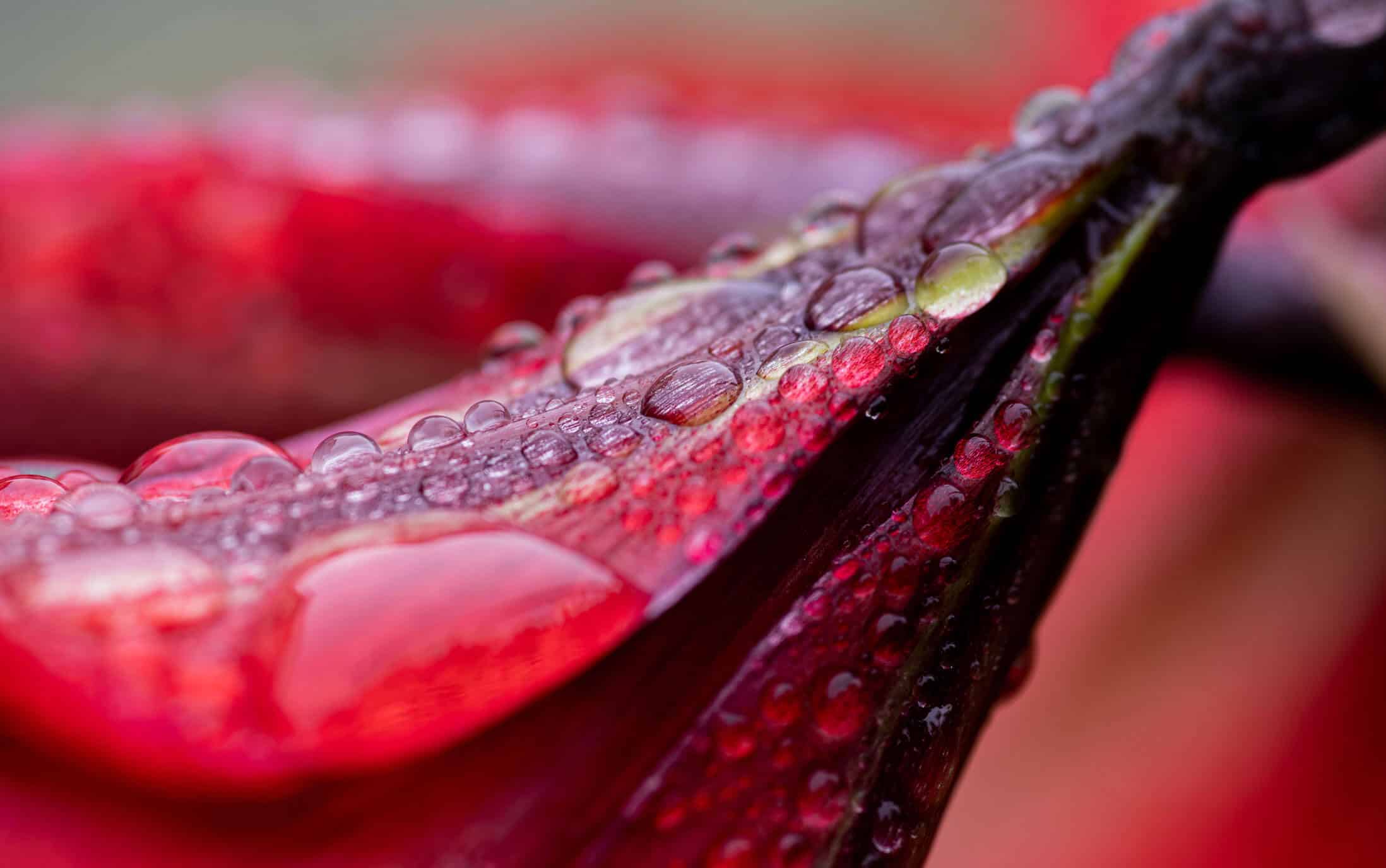Therapy during the menopause
Find out more about the different treatment options and therapies available during the menopause, from hormone replacement therapy (HRT) to hormone-free, herbal alternatives.

Treatment methods with menopausal complaints
Although the menopause is not an illness, it can come with symptoms that desire a remedial solution or which could necessitate medicinal therapy.
In many cases, it is enough to make a lifestyle adjustment and provide support with the use of gentle herbal remedies. But if complaints last longer or are more severe, it may make sense to visit a doctor to clarify the causes of the complaints and if necessary, to initiate medicative therapy geared towards the individual symptoms.
Treatment methods against menopausal complaints
Extract from an article by Prof. Dr. Ingrid Gerhard, Specialist Doctor for Women’s Medicine and Publisher of Netzwerk Frauengesundheit.
Hormone replacement therapy against menopausal complaints
The gold standard in the treatment of menopausal complaints has been hormone replacement therapy (HRT) with oestrogen and progestogen since around 1930. Therapy with oestrogen was very popular, as the hormone substitution enabled the complaints to be treated effectively. The transformation was initiated by the large-scale Women’s Health Initiative Study of the National Institute of Health. The WHI study on 16,000 women was cancelled prematurely in 2002 due to an increased risk of breast cancer (+26%), coronary heart disease (+22%) and stroke (+41%) being identified under HRT.
Since then, oestrogen has only been used to treat specific symptoms (such as hot flushes or genital mucosal atrophy with associative urogenital complaints) under an individual benefit-risk assessment. The lowest effective dose and shortest individually required treatment duration should be chosen in the process. Naturally identical hormones and application over the skin should be preferred.
Known herbal remedies against menopausal complaints
As a result, herbal preparations for treating climacteric complaints have gained interest, as they have promised more gentle therapy with fewer side effects. Here, in particular, cimicifuga preparations and so-called phytooestrogens are worth mentioning, which are found, for example, in soy, red clover or rhubarb. Products from pomegranate seeds or sea buckthorn oil are less widespread.
Cimicifuga
Black cohosh (Cimicifuga racemosa) is a proven medicinal herb for treating menopausal complaints and mainly helps with hot flushes, excessive sweating and insomnia, as well as premenstrual complaints and cramp-like menstrual pain. Cimicifuga normalises the hormone levels without having a direct oestrogenic effect. Known side effects from Cimicifuga are occasional gastrointestinal complaints (such as stomach pain, nausea or diarrhoea), allergic reactions, oedema, swollen breasts and headaches. Suspicion of an elevated risk of liver damage was able to be ruled out.
Phytooestrogens
Another common herbal treatment option for relieving menopausal complaints is phytooestrogens. Phytooestrogens are secondary plant-based ingredients such as lignans and isoflavone, which have an oestrogen-like effect. Phytooestrogens are found in a range of plants, such as hops or linseed, usually also in many varieties of fruit and vegetables. Preparations obtained from soy, red clover or rhubarb roof can be used therapeutically. Soy in particular has achieved a certain popularity, as Asian women suffer much less often from menopausal complaints and it is assumed that one key reason for this is the Asian diet, which contains plenty of soy products. A soy-rich diet can therefore be worth a try. For this, you should take 40 to 60 milligrams of isoflavone a day, which can be covered by 200 grams of tofu or half a litre of soy milk. But you should be clear about the fact that Europeans are built with different enzymes, meaning that over 50% of them are unable to convert the soy ingredients into the active form. Thyroid problems can also occur.
Food supplements with phytooestrogens that bind to the alpha oestrogen receptors of the cell, however, do not come without risks. For this reason, the Federal Institute for Risk Assessment has made suggestions for consuming extracts based on the EFSA 2015. The following guide values are specified: Soy-based preparations with doses of isoflavones/extracts of up to 100 mg per day with an intake duration of up to 10 months. Red clover-based preparations with doses of isoflavones of up to 43.5 mg per day with an intake duration of up to 3 months. Women with a condition following breast cancer or endometrial cancer are not recommended to take dietary supplements with isolated isoflavones.
New herbal alternative menoelle® against menopausal complaints
With menoelle®, a new, promising herbal alternative is now also available in Germany. The EstroG-100® plant extract contained in menoelle® has been on the market in Asia and the USA since 2010 and has already helped more than a million women with menopausal complaints. The EstroG-100® extract is a patented extract of 3 medicinal herbs with a long tradition in Asian folk medicine.
The effectiveness of the EstroG-100® extract with menopausal complaints has been confirmed in clinical studies. In studies as well as in practical use with now more than 100 million capsules worldwide, no undesirable effects were shown. The 3 plants are classified as safe food ingredients in the Standard Food Index Korea. No negative effects could be identified in several toxicological studies.
It is assumed that the 3 plants of the EstroG-100® extract interact synergistically and that the hormonal imbalance that leads to menopausal complaints corrects the endemic hormone receptors through selective modulation, which involves sometimes activating and sometimes inhibiting receptors. menoelle® does not contain any phytooestrogens and the ingredients do not have any direct oestrogenic effect that alters hormone levels. This has been shown in various studies.





